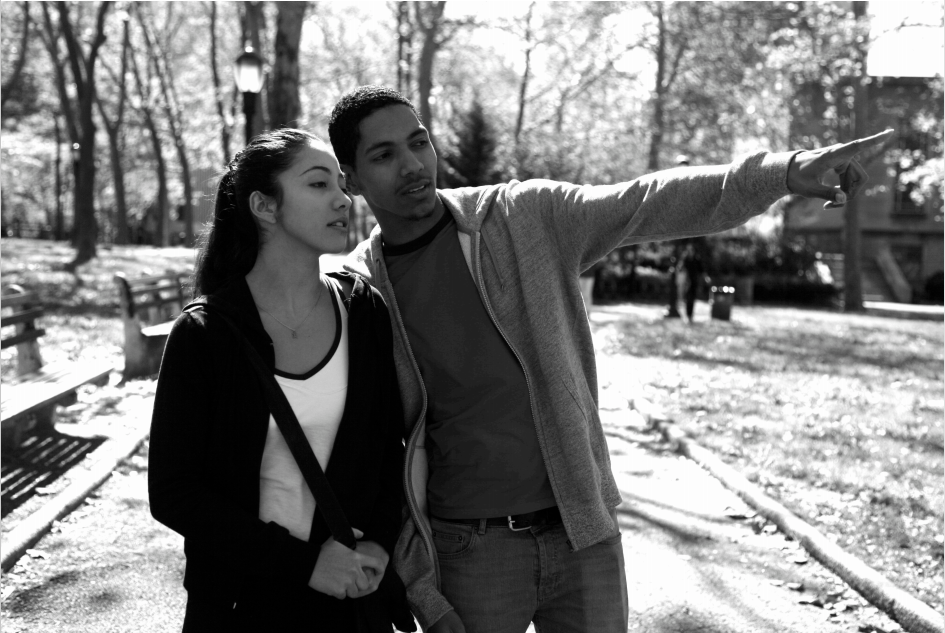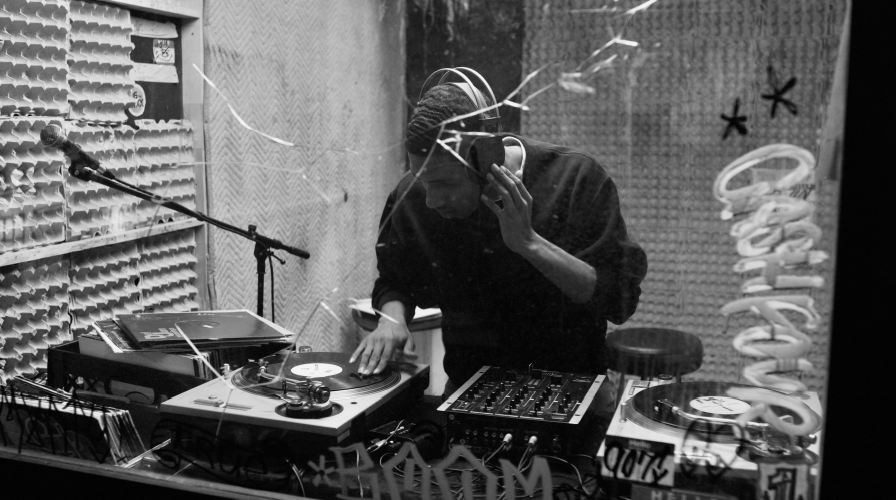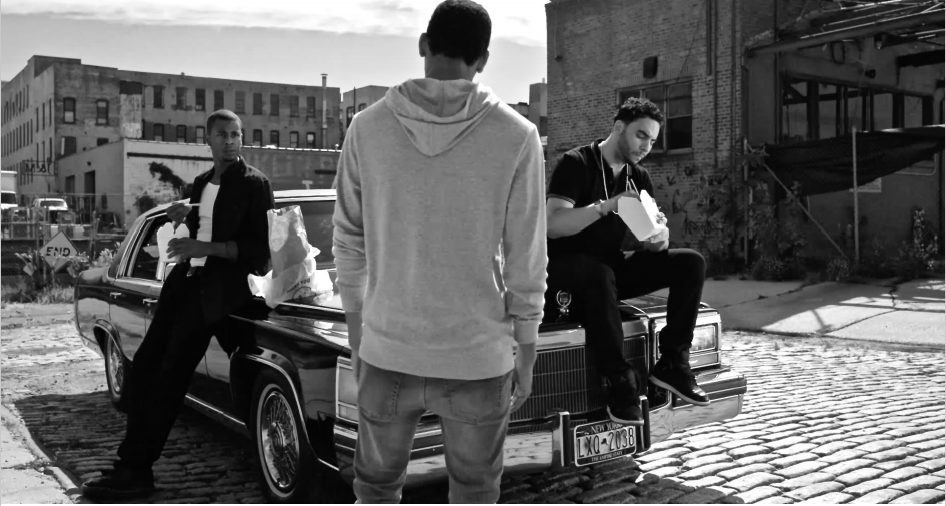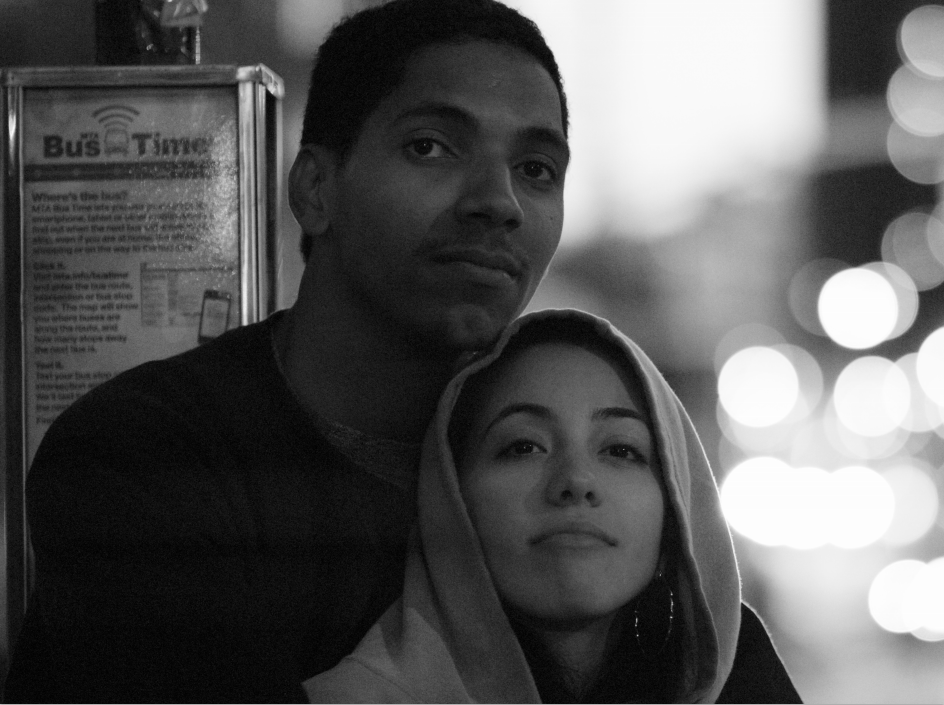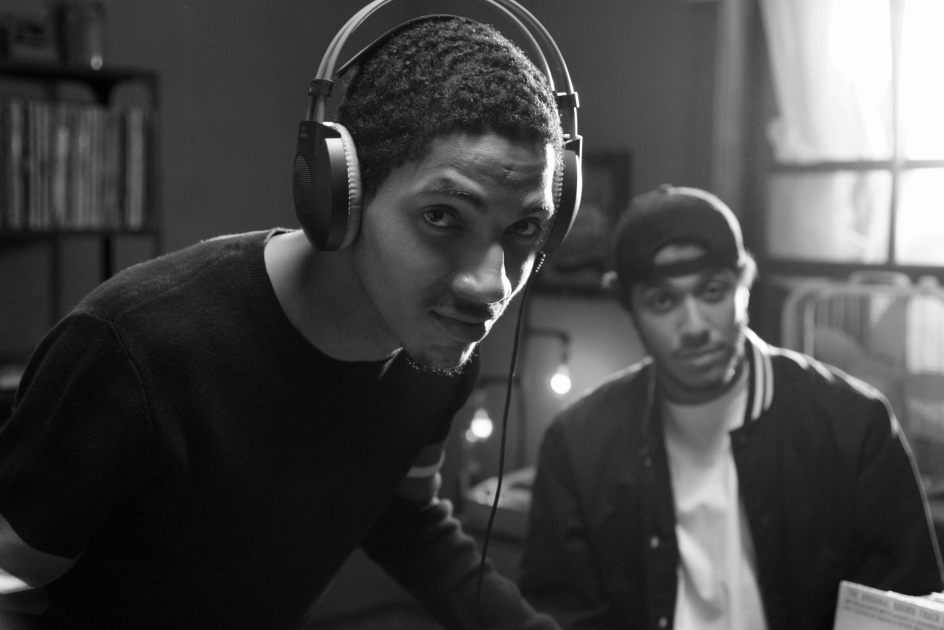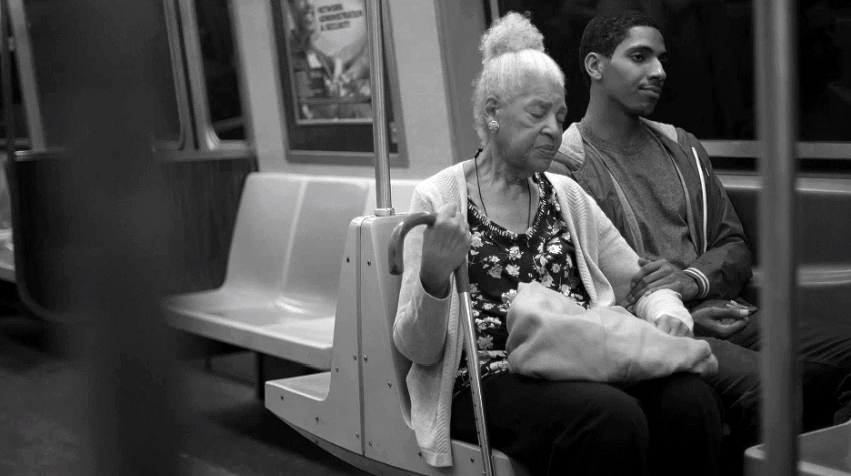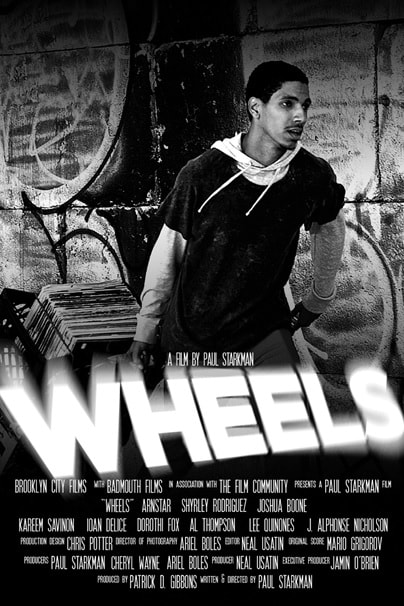Director Paul Starkman showcases his mastery of filmmaking in his feature debut, “Wheels.”5/23/2021 Originally published on Elements of Madness. Wheels starts with its greatest strength: music. A lively rock-n-roll tune plays over a black screen as a few opening credits fly by, and we hear the protagonist, Max (Arnstar), introduce himself while doing what he loves most: DJing. But when the music comes to a halt, we see that Max isn’t DJing at a club or fancy event, but at a children’s birthday party. The film’s memorable introduction is just a small sample of the masterful cinematic storytelling that writer/director Paul Starkman offers in his feature debut, a well-crafted coming-of-age-film that brings together the Emmy-nominated director’s love of hip hop and his fondness for his hometown, Brooklyn. Wheels premiered at the 2018 Woodstock Film Festival, where it took home the Audience award and the Best Narrative Feature award. After a successful festival run, the film was released to general audiences in September 2020. Max, an aspiring young DJ, struggles to balance his job, his responsibilities to his grandmother, and a romantic relationship, all while pursuing his passion. At the start of Wheels, life seems to be going along smoothly for Max, especially as he books more gigs with the help of a neighborhood loan shark, Oscar (Kareem Savinon). But things get complicated when his older brother, Terry (Joshua Boone), returns from prison. As Max chases his dreams, he faces a series of challenges and tough decisions that will shape who he becomes in the future. Wheels highlights the persistence of young people who relentlessly pursue their dreams, while reminding us that for many, giving up really isn’t an option. However, it’s not until the last chunk of Wheels that we can really start to appreciate Max’s persistence. For the most part, the script focuses less on characterizing Max and more on describing his circumstances, allowing us to see the world through his eyes. He has a fairly straightforward character arc, demonstrating a familiar innocence and ambition that’s characteristic of many coming-of-age-protagonists. Additionally, Arnstar’s performance, though terrific, is much more subtle than that of his co-stars. At times, Max’s brother and girlfriend, Liza (Shyrley Rodriguez), are more intriguing than Max himself. As a result, Max emerges as a passive observer who is passionate about his dreams but is mostly focused on getting by. It’s difficult to get a good read on what Max is thinking and feeling, but Arnstar displays just the right amount of emotion when needed. He creates a character who, like many young people, is unsure of himself around adults but confident around his peers. Arnstar excels most in moments when Max is DJing or describing his love of music, expressing a believable and contagious joy. Much like its leading character, Wheels is strongest during moments of joy. While there are plenty of intense moments throughout the film, these scenes are downplayed in favor of the joyful ones. The film really hits its stride during the upbeat parts, demonstrating Starkman’s ability to evoke a particular mood with music, editing, and cinematography. And yet, also like Max, Wheels overall feels passive, subdued, and controlled. This is not necessarily a drawback, just a defining factor that makes Wheels the unique film that it is. The script doesn’t follow a traditional plot structure with rising and falling action. Instead, it’s structured using episodic scenes that feel more like real life. It has a slow, leisurely pace that gives us time to appreciate the craft of the film and observe the world from Max’s perspective. There’s something cyclical about the plot that seems to be connected to Max’s resolve and determination. The emotional roadmap of Wheels demonstrates that Max doesn’t have time to dwell on the negative. If he gets knocked down, he must immediately pull himself back up again. But, more than anything else, the film’s technical elements are what gives Wheels its structure. The plot and characters make for a great story, but they’re overshadowed by the expert cinematography, editing, and soundtrack. It is an excellently crafted film that demonstrates Starkman’s firm grasp on cinematic storytelling. Director of photography Ariel Boles creates a vibrant and dynamic cityscape that acts as a standalone character in the film, shaping our mood and determining the way we relate to the action. Wheels, which was shot on-location in Brooklyn, is strongly defined by its setting. There’s a transitional shot of the subway, a graffitied wall, or a corner store between almost every scene, grounding each part of Max’s story in the setting. The cinematography plays a strong role in defining character relationships and conflict, keeping us hooked throughout the story. But, as stated above, Wheels’s greatest strength is its music. Starkman pulls us into Max’s world and keeps us there with a remarkable and eclectic soundtrack that covers everything from hip hop to early jazz recordings. Working with composer Mario Grigorov, Starkman uses music to define space, relationships, and mood. Wheels is a must-see for anyone who communicates best through music. Available now on VOD and digital
0 Comments
Leave a Reply. |
"Our embodied spectator, possibly perverse in her fantasies and diverse in her experience, possesses agency...finally, she must now be held accountable for it." Categories
All
|

